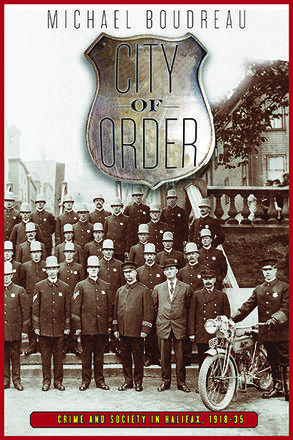
An in-depth investigation of how Halifax faced the challenges of modernity by mounting a war on crime.
Description
Interwar Halifax was a city in flux, a place where citizens debated adopting new ideas and technologies but agreed on one thing: modernity was corrupting public morality and unleashing untold social problems on their fair city. To create a bulwark against further social dislocation, citizens, policy makers, and officials modernized the city’s machinery of order – courts, prisons, and the police force – and placed greater emphasis on crime control. These tough-on-crime measures, Boudreau argues, did not resolve problems but rather singled out ethnic minorities, working-class men, and female and juvenile offenders as problem figures in the eternal quest for order.
Reviews
For determined popular readers as well as serious scholars, Boudreau’s book is worth plowing through to acquire an in-depth understanding of crime and working-class culture in interwar Halifax. It is even more valuable as a reminder that tough-on-crime policies can actually compound rather than ease social inequalities, racial divisions and economic hardship for the most vulnerable in urban societies.
- Paul W. Bennett